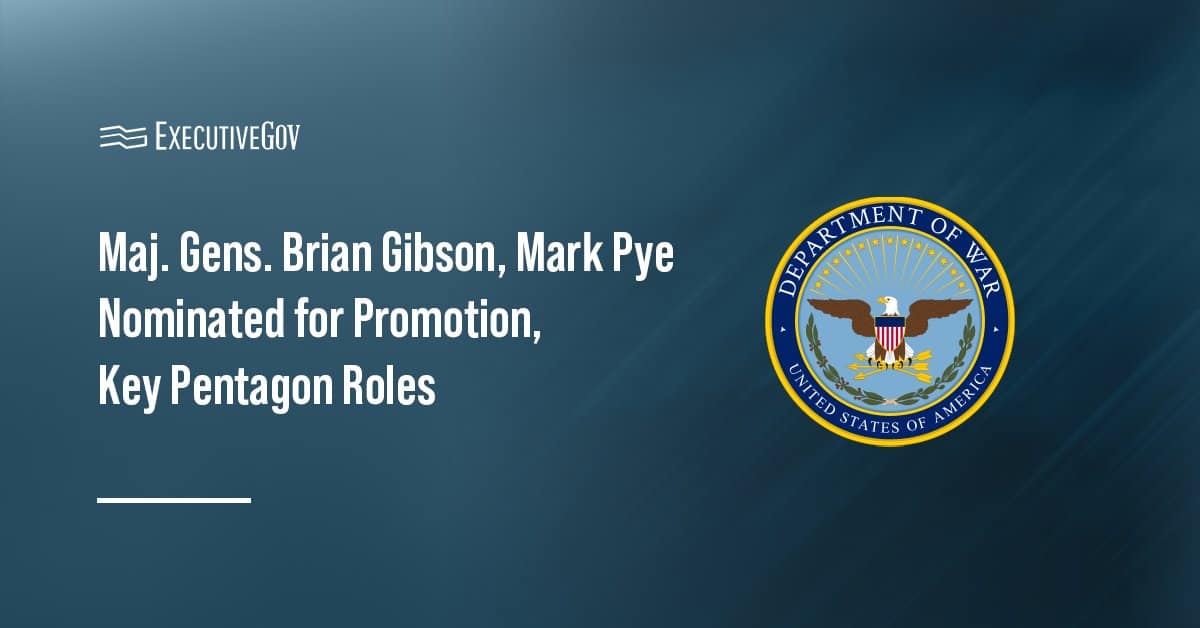
President Donald Trump has nominated Vice Adm. Karl Schultz, commander of U.S. Coast Guard‘s Atlantic area, to serve as the next leader of USCG.
Schultz holds more than 35 years of USCG leadership experience that includes various collaborations with other Department of Homeland Security components and the Defense Department, DHS said Thursday.
In his current capacity, he leads operations across five Coast Guard districts and 40 states. He also serves as the commander of Defense Force East and director of DHS Joint Task Force East.
Previously, he served at the Miami Sector Command and led tours aboard Cutters Venturous, Acacia and Farallon cutters.
Schultz also performed staff and liaison duties within the House of Representatives, State Department and Bureau for International Narcotics and Law Enforcement Affairs.
President Trump has also nominated Vice Ad. Charles Ray as vice commandant of USCG.





